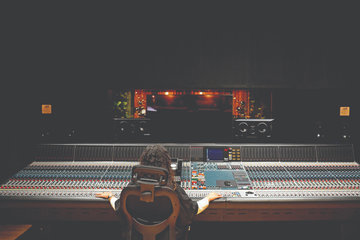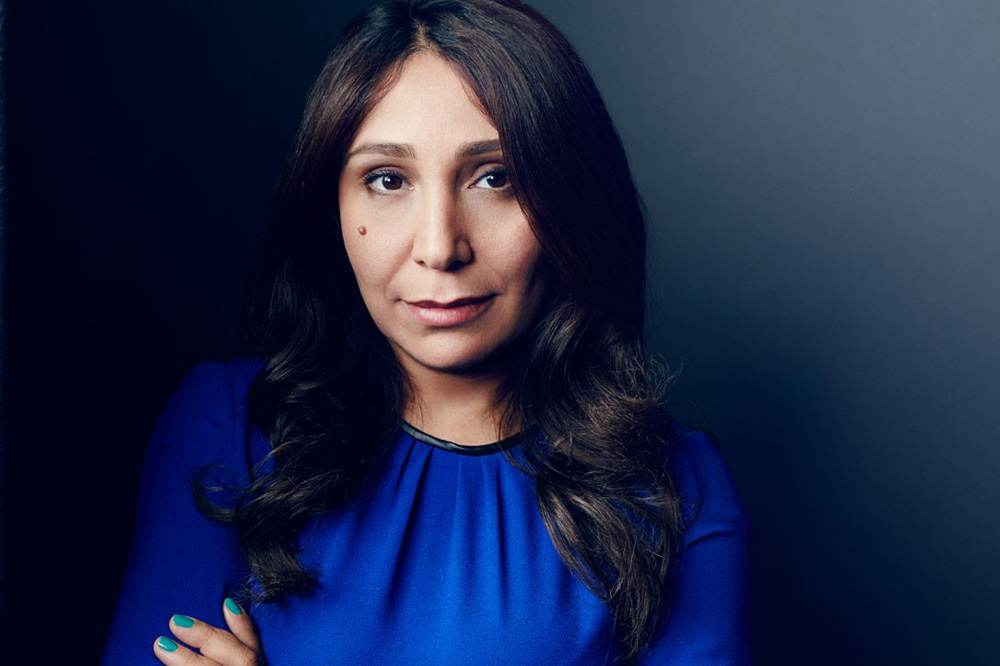
Haifa Al-Mansour
Haifaa al-Mansour, the first female Saudi Arabian filmmaker to release a feature-length film, is back in the spotlight with her new English language feature, Mary Shelley.
The director rose to fame with her critically acclaimed debut Wadjda in 2012, which told the story of a rebellious Saudi girl, determined to buy herself a bicycle against the wishes of her family.
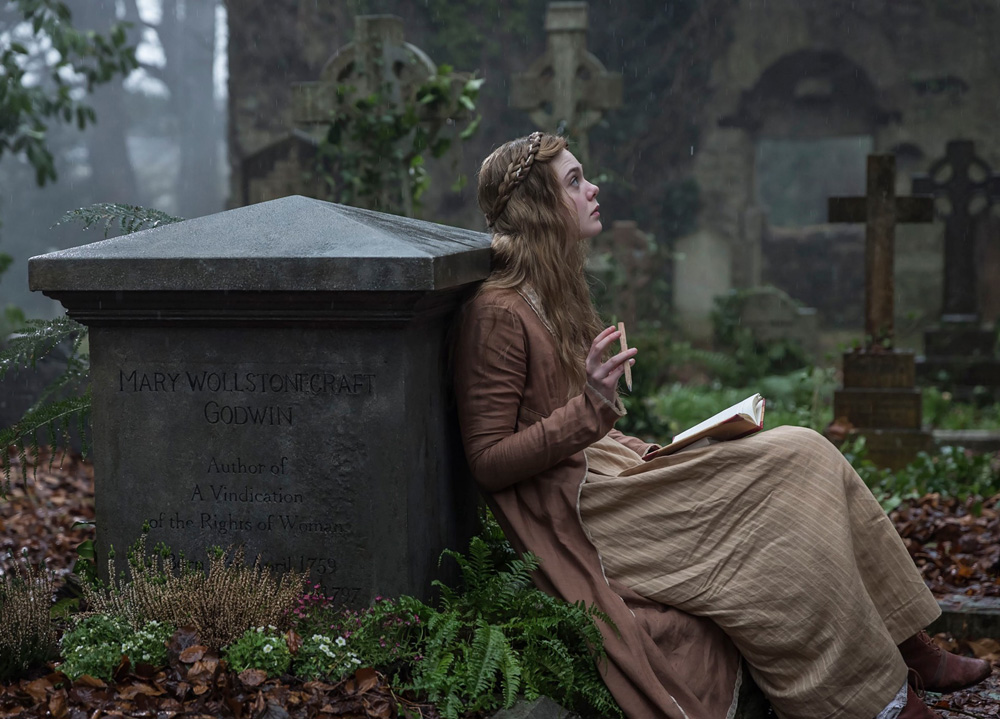
Elle Fanning
This time around, al-Mansour is chronicling the fascinating story of Frankenstein author Mary Shelley (played by Elle Fanning), and her fight to receive recognition as a young woman in 19th century England.
“I was a literature major, so I studied her work. But I never knew about her life,” al-Mansour told The Hollywood Reporter. “So when they sent me the script I started studying it and getting to know more about her. And for me it was amazing to hear about this young girl who wrote Frankenstein when she was only 18.”
With Mary Shelley, Al-Mansour is continuing her focus on strong female characters who refuse to be silenced by conservative societies that do not view their accomplishments as equal to those of men.
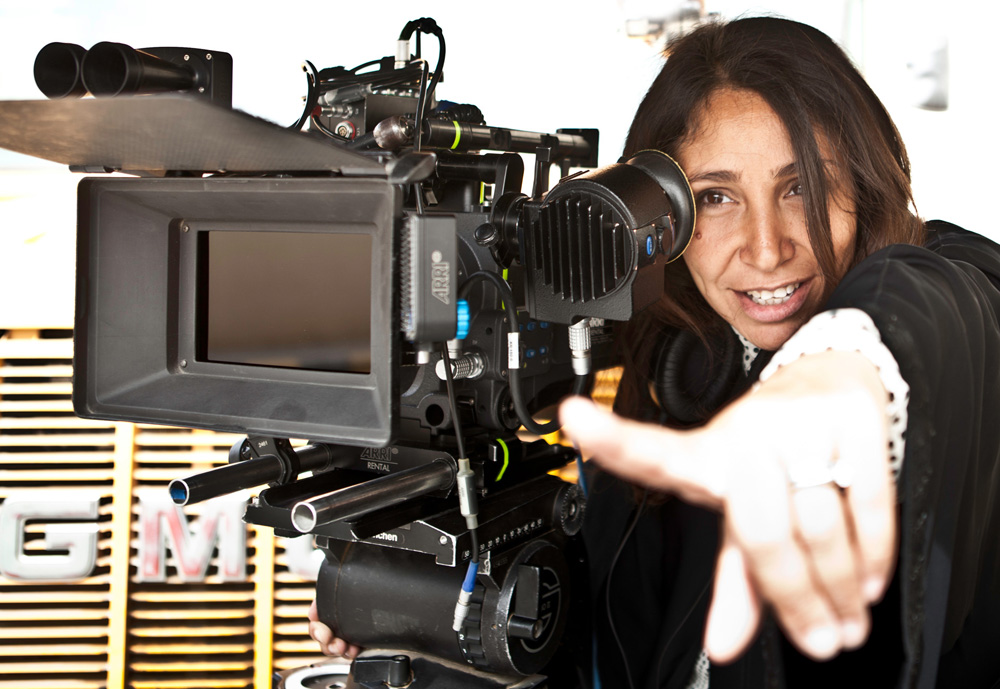
“I like that she [Mary Shelley] wasn’t trying to write about marriage or love like Jane Austen who was the star author at that time,” she told Screen Daily. “She wanted to have her own voice, and that’s hard as an artist, you are always in doubt. Her story is a lesson for all of us. We should try and find our own path.”
Al-Mansour posits growing up in Saudi Arabia, where women live under restrictive conditions, as the reason why she gravitates toward stories about rebellious women.
“...I’m just fascinated with strong women,” she noted. “...it’s wonderful to read a story about a woman that succeeds at the end. Maybe it’s because I’m coming from Saudi Arabia and growing up there has also affected my choices!”
Although al-Mansour broke substantial ground for creative women in the conservative Kingdom, she admits that much more needs to be done in order to provide them with the opportunities they deserve.
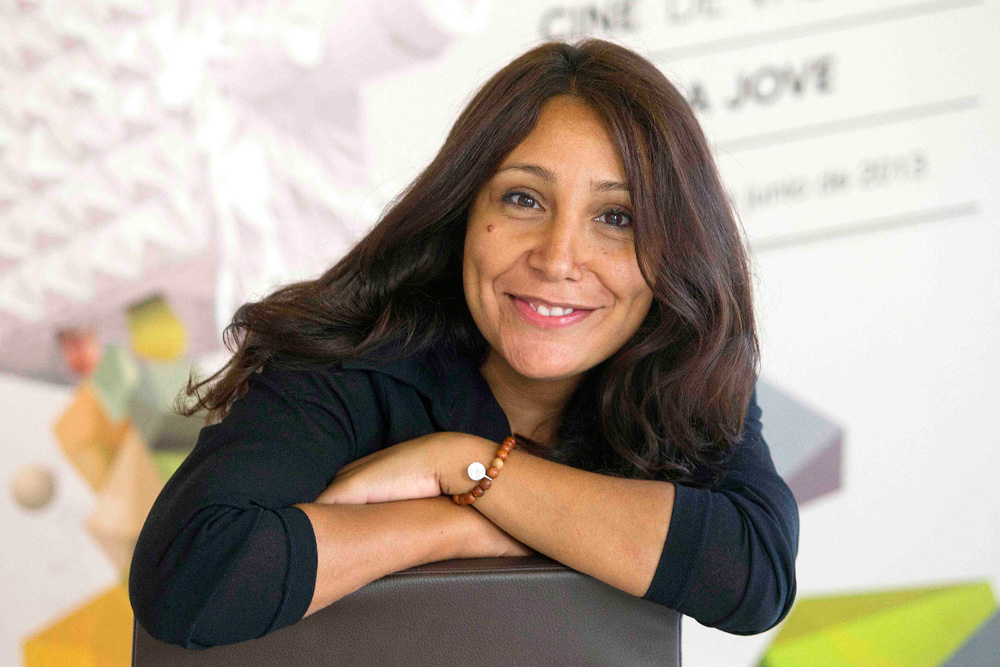
“Now there are strong female writers and journalists that won’t take no for an answer,” she explained. “But it’s hard to work there, the visual arts in general are not as developed. And it’s hard to get projects off the ground, it takes so much effort. There is no industry, you feel alone.”
Al-Mansour hopes that Mary Shelley will be as inspiring as Wadjda and motivate women and girls in creative industries and beyond to take risks and not feel restricted by their gender.
“I think it is such an inspiring story for young girls and for women in general to embrace that – we can be out of our comfort zone and write about things that aren’t only female literature.”





